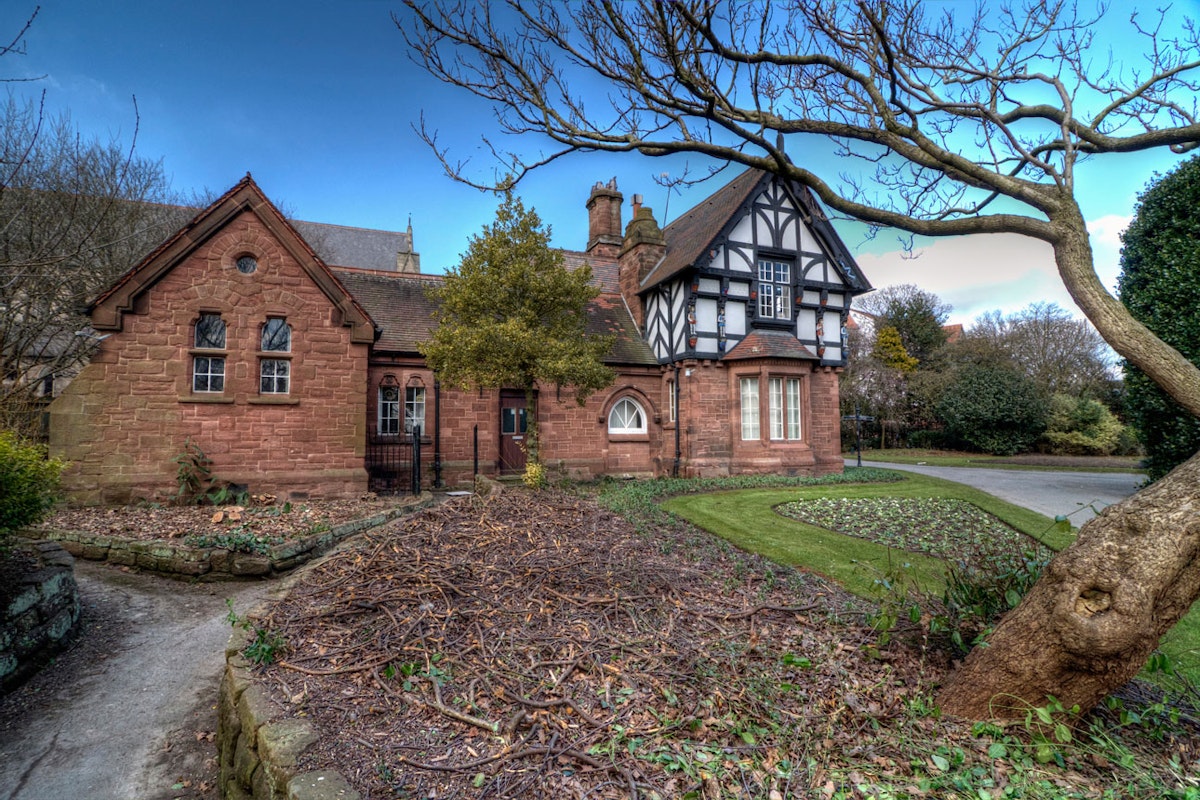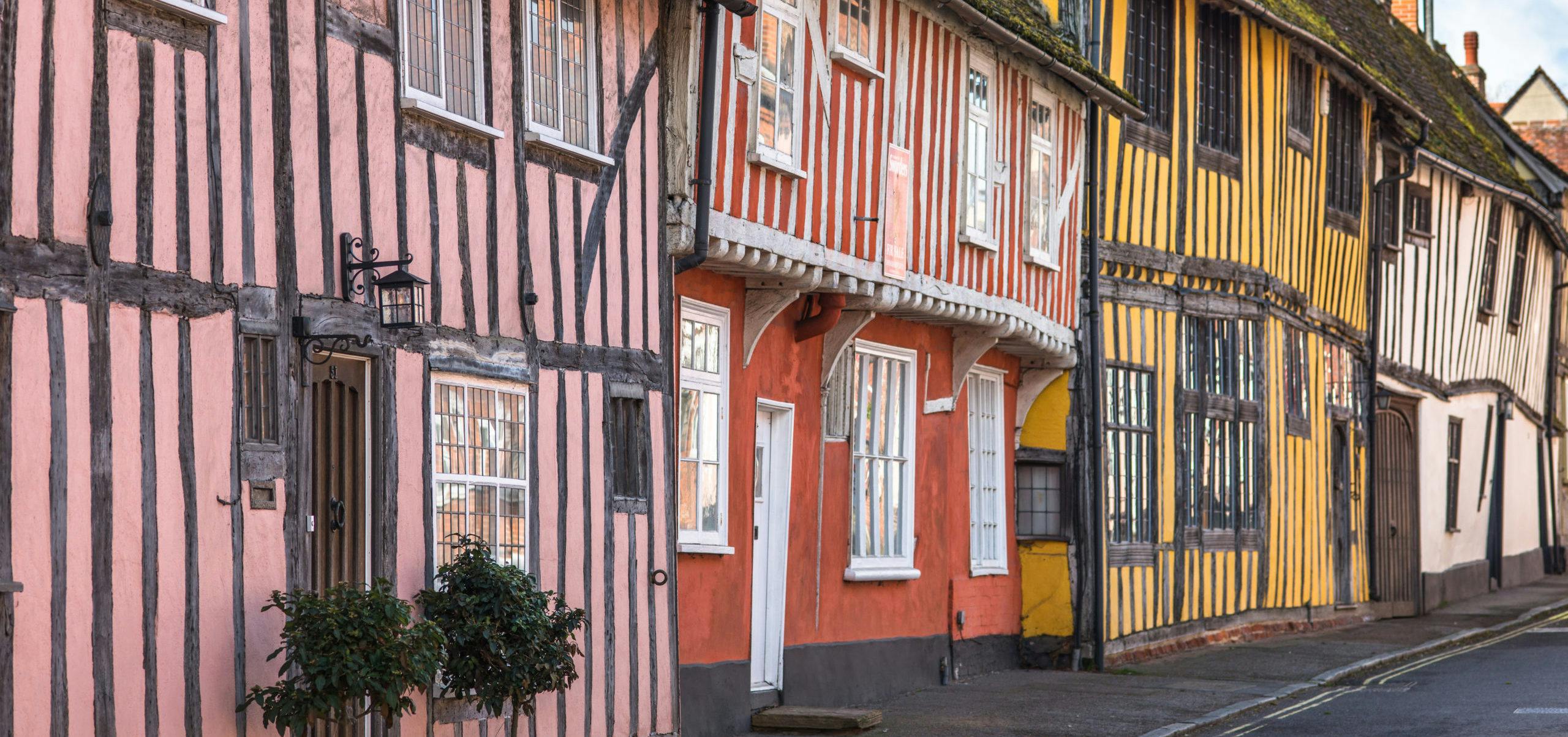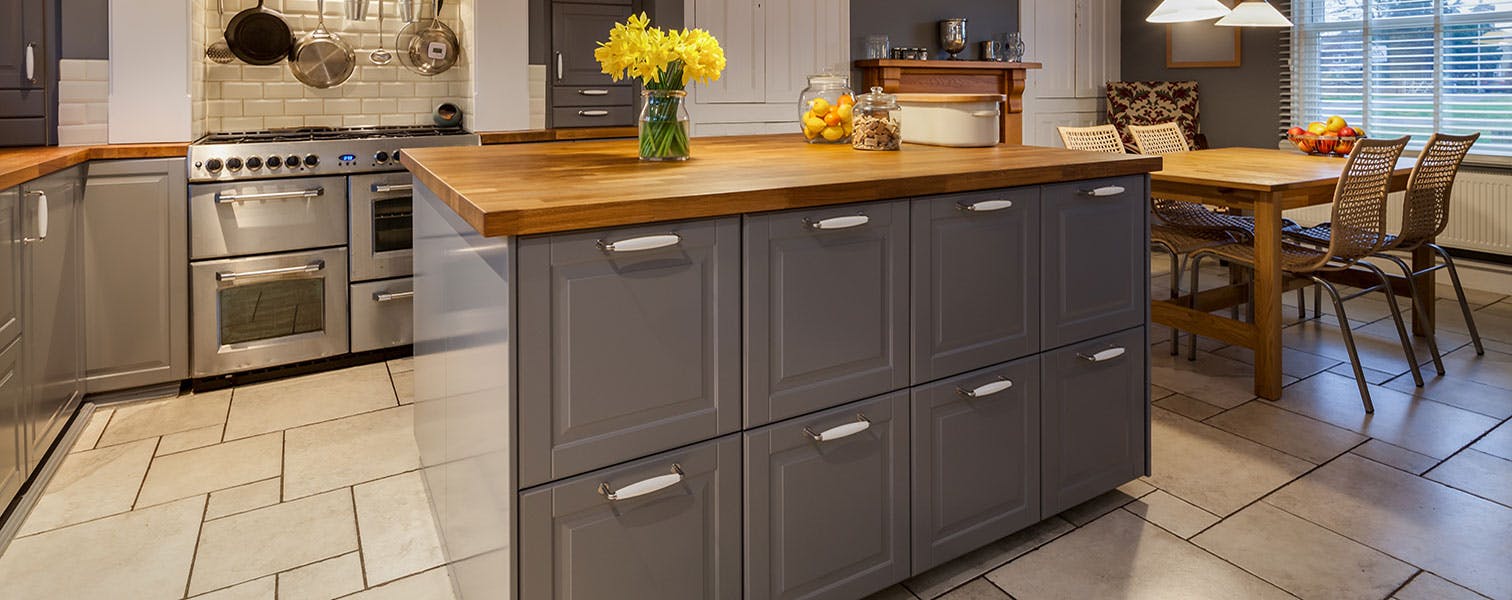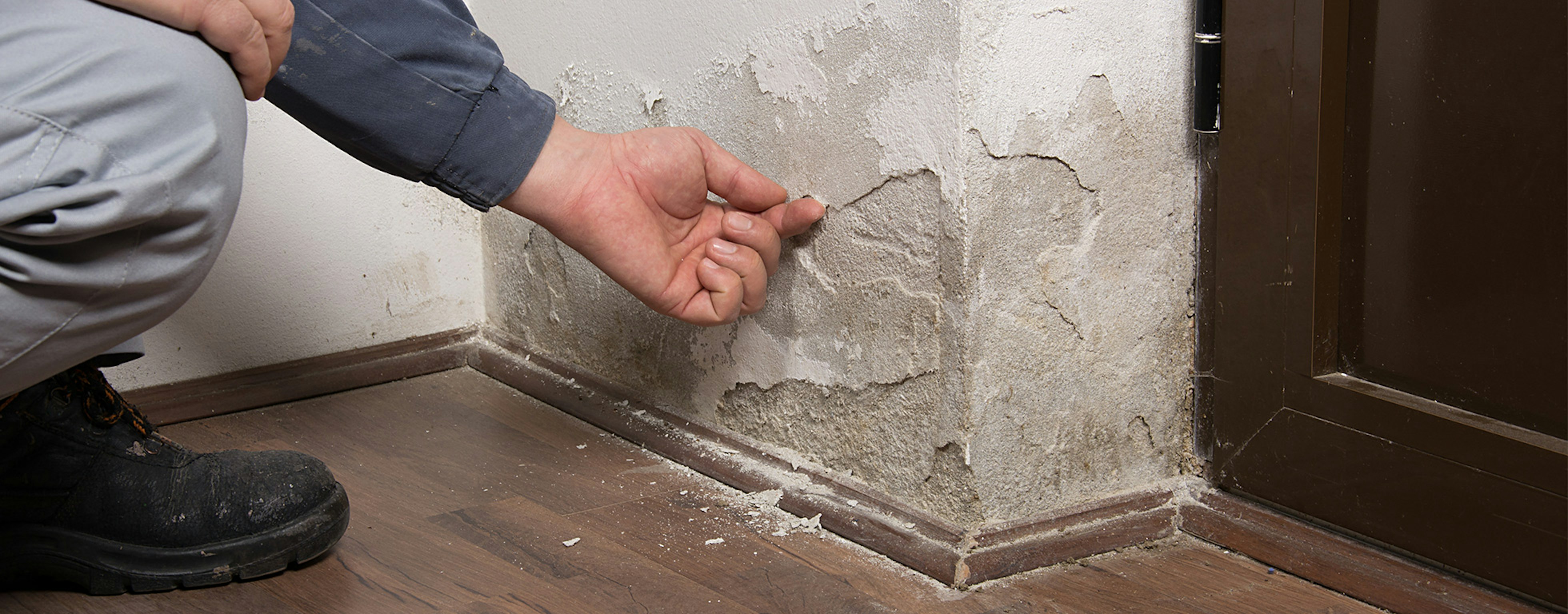
Probate House Insurance
Insurance when a property owner passes away, covering the home whilst the estate is distributed as per the will, or intestacy laws if there is no will.
- Cover for a variety of of property types
- Options for 3, 6, 9 or 12 month polices
- In-house insurance claims specialists

Our probate house insurance is specifically designed for those managing an estate during the probate process, safeguarding against common risks like break-ins, water leaks, liability issues, theft, and vandalism, giving you peace of mind throughout the probate process. We ensure your vacant property is protected and our team is here to help you with any questions you may have regarding your property and cover.
The Alan Boswell Group Difference
We know that, like our customers, no two houses are ever the same. That’s why we’ll listen to your needs and offer advice tailored to you, so you have the right cover.
We can provide expert guidance on buildings and contents valuations and any specific situation such as probate and executor house insurance, and with access to a wide panel of insurance partners we can ensure you have the right policy tailored to your individual requirements.

Probate house insurance in detail
Contents insurance
Property owners' liability
Property damage
Unoccupied properties during probate will be required to be visited once every 7-14 days (depending on the insurer). Most insurers will have minimum security requirements which must be met to keep the property secure. Heating must be on from 1st October to 31st March or the heating system must be drained for unoccupied properties.
FAQs
Get in touch
Whether you need a quote, have a general enquiry, want to register a claim, or talk it through over the phone, we're here to help.









